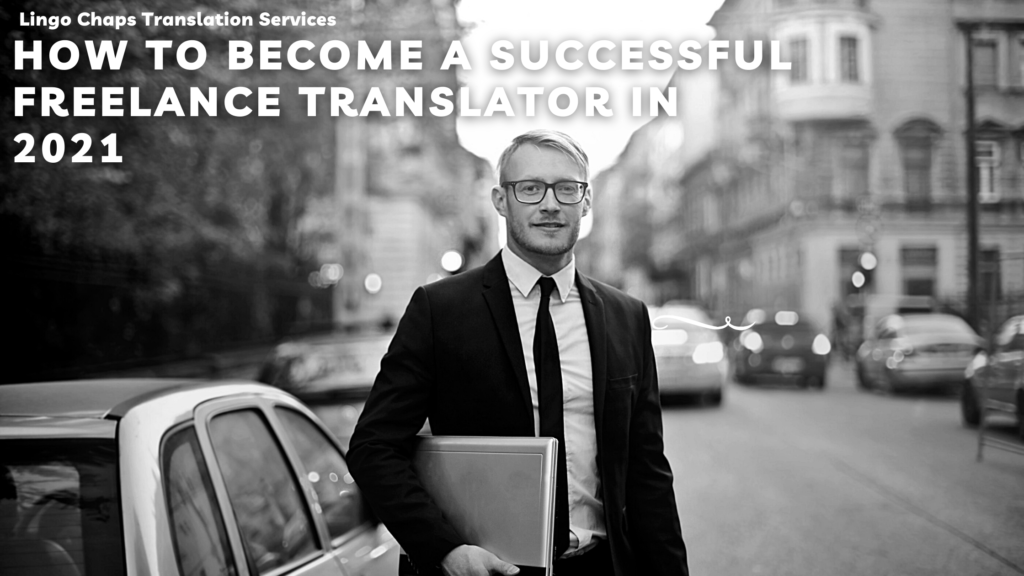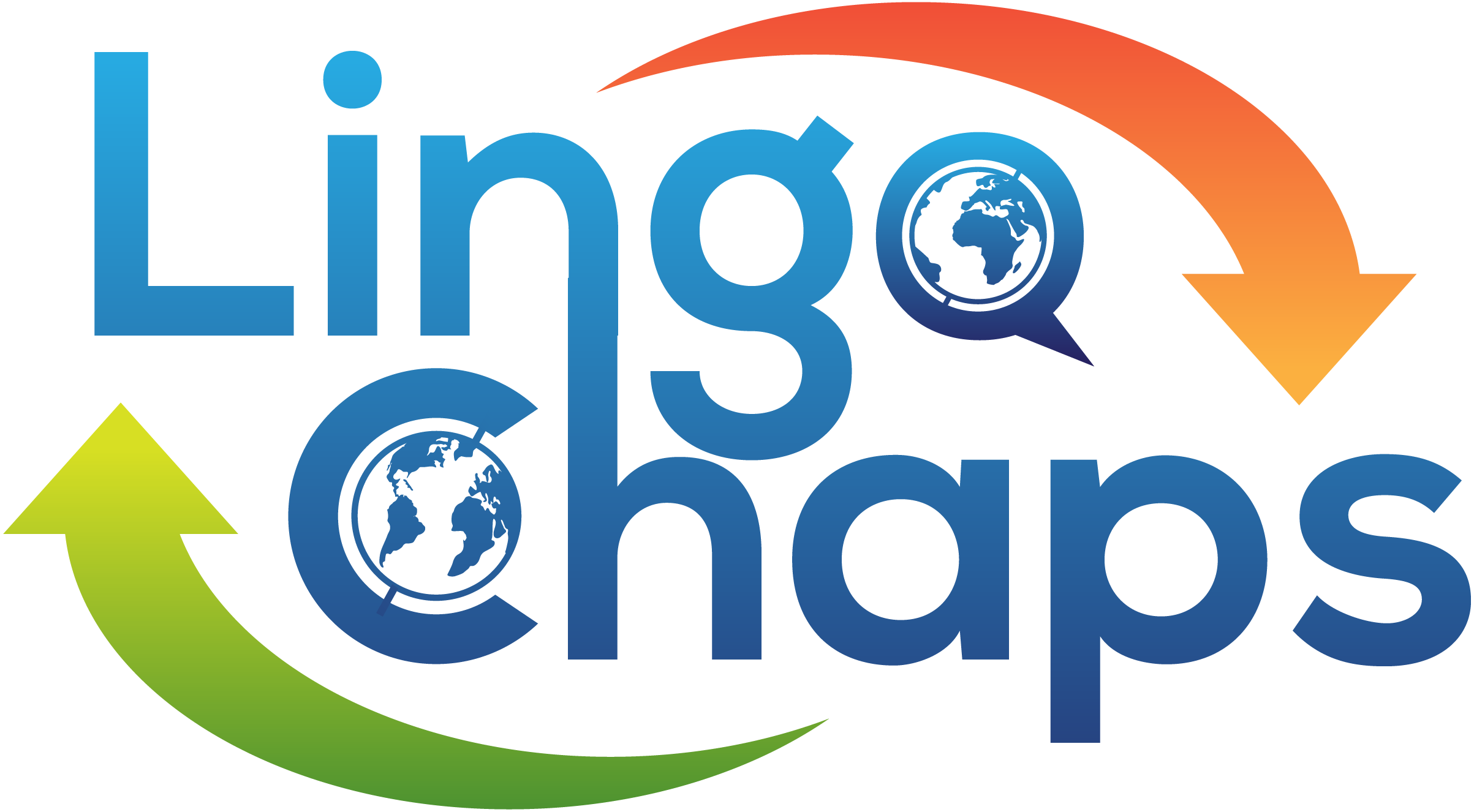
After completing your translation training programmes at higher professional education or university level, many students can’t wait to line up as a contract translator.
However, gaining an edge as a freelancer during a very competitive translation market may end up to be a reasonably complicated business. Translation agencies aren’t usually keen on contracting inexperienced translators, business clients are difficult to seek out without commercial tools, and therefore the tax authorities won’t just accept anyone as a freelance. So what does one got to do to line up shop as a successful freelance translator?
Translation agencies
Mostof the translation agencies are wary of admitting new freelancers into their networks. After all, it takes a short time before it really becomes clear whether a freelancer can live up to their expectations: does he/she stick with agreed deadlines, offer a uniform level of quality, consult relevant reference resources, deal effectively with various registers and specialisations (commercial, technical, medical, financial, IT, etc.)?
Many translation agencies begin with a ‘trial period’ during which they closely monitor the work submitted by new freelance translators. To avoid the associated costs – translation agencies normally only accept applications from freelance translators who have had at least two or three years’ fulltime experience within the translation business.
Business clients
In their attempts to introduce themselves on to companies, freelancers usually find it difficult to realize access to the folks that matter and, once they’re there, to secure orders. Companies tend to prefer outsourcing translation services to partners that are ready to offer comprehensive solutions. They look for agencies which will fill their translation needs during a range of various languages, are always available, can combat specialised texts and have the procedures in place to ensure that all deadlines are met. In view of their need for continuity, capacity and variety it’s hardly surprising that a lot of companies select an all-round translation agency instead of individual freelancers. An agency could also be costlier than a freelancer, but the additional service and quality guarantees justify the extra investment.
Tips to achieve success as a freelance translator
What are the basic steps that you will need to take after graduation to develop into a successful freelance translator?
- After the completion of your studies, it’s best not a good idea to present yourself on the market straightaway as a freelance translator, but first to find employment at an all-round translation firm and spend a few years there to realize the required practical experience. As a salaried employee, your income is going to be less compared to what you would possibly potentially earn during a freelance capacity, but don’t forget that without experience you’re never going to be successful very easily in the first place. In many cases, you’ll be assigned to a senior translator who revises your translations, monitors your progress, and causes you to conscious of your strengths and weaknesses. This will enable you to accumulate the talents and baggage you would like on your thanks to becoming a knowledgeable translator and can offer you the chance to experiment with various types of texts and disciplines.
- If you can’t find an edge in paid employment, attempt to find a post as an (unpaid) trainee. A translation agency might not have the capacity or resources to require on new staff, but it’s going to still be ready to provide you with a superb training post to help gaining you the practical experience in a commercial environment that you indeed require. A traineeship may function as an efficient springboard for a career within the translation business, maybe even within an equivalent agency that offered the traineeship.
- After having whetted your skills at a translation agency for a variety of years, you’ll decide that the time has come for you to seek out your own clients. Ideally, you ought to advance to a part-time contract in order that you’ve got enough time to recruit clients and work for them, and enough money to measure on. It is important to form clear arrangements together with your boss at this stage, to avoid a conflict of interests. The best strategy is to send your personal details and CVs to a specific group of professional translation firms and translation departments within companies and governmental institutions, explicitly referring to your work experience. Don’t forget to spotlight your willingness to try to do a free test translation.
- confirm to register as a freelance with the relevant tax authorities and seek their advice if necessary.
- Once you work enough as a translation freelancer, now you might consider terminating your employment contract and devoting the extra time to attracting new business. In around 20 hours generally a freelancer makes same or above which he/she used to make as a Salaried employee.
These are obviously very general guidelines, and your personal career may evolve along quite different lines counting on your preferences, skills and private conditions. Whatever your circumstances, however, you’ll find that have and a particular amount of business acumen are the items that matter most during a successful freelance career.

